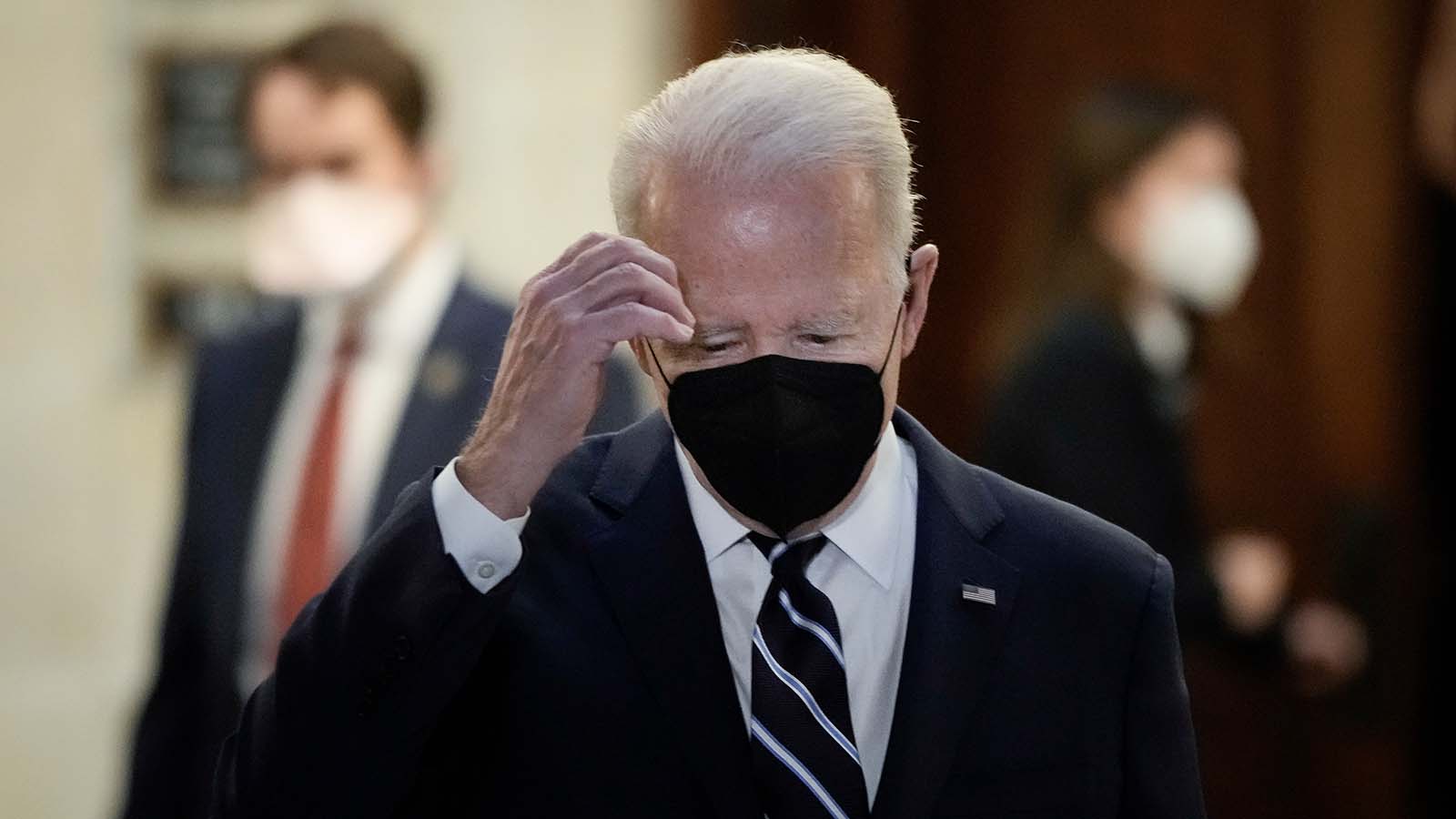There are approximately 4.4 million borrowers seeking forgiveness through the income-driven repayment plan, but only a tiny fraction was approved.
As of March, however, only 32 borrowers have been forgiven out of millions, according to Insider. Persis Yu, Policy Director and Managing Counsel at the Student Borrower Protection Center, said millions of borrowers are still struggling to make payments, and the Biden Administration needs to help them.
"Millions of student loan borrowers are buckling under the weight of a broken system," Yu said. "the failures of income-driven repayment have kept borrowers in unaffordable debt for decades too long. It is time for the Biden Administration to do its part and fulfill the promise of IDR by giving borrowers the credit they deserve."
According to Business Insider, the income-driven repayment (IDR) program was established to help borrowers—who are still making payments after 20 to 25 years—cancel their remaining debt balances.
The program will consider estimates of the borrower's income and family size to calculate small but manageable monthly payments. To qualify for the payment plan, borrowers must prove that their payments for the IDR plan are lower than standard payments through annual tax documents.
Whoops #studentloanforgiveness
pic.twitter.com/C1L2cH7DbH— HARD FACTOR (@HardFactorNews) December 14, 2021
President Biden offered to fix both the income-driven repayment plan and the Public Service loan forgiveness program during the 2020 presidential election.
CNBC reported that Biden pledged to forgive $10,000 in student debt for all borrowers. However, this would not make a dent in the rising number of student loan debt in the United States. Based on calculations shared by Mark Kantrowitz, a higher education expert, in the first quarter of 2019, more than 6% of all student loan borrowers owned more than $100,000, up from 5.4% in 2017.
Biden announced temporary reforms to the Public Service Loan forgiveness plan in October, including a waiver that would allow past payments to count toward forgiveness.
Forbes reports that former President Donald Trump signed a memorandum that suspended student loan payments and set interest rates at 0% until the end of the year, in 2020. Betsy DeVos, former secretary of education, announced the extension of the memorandum from Dec. 2020 to Jan. 2021, after President Biden's inauguration.

